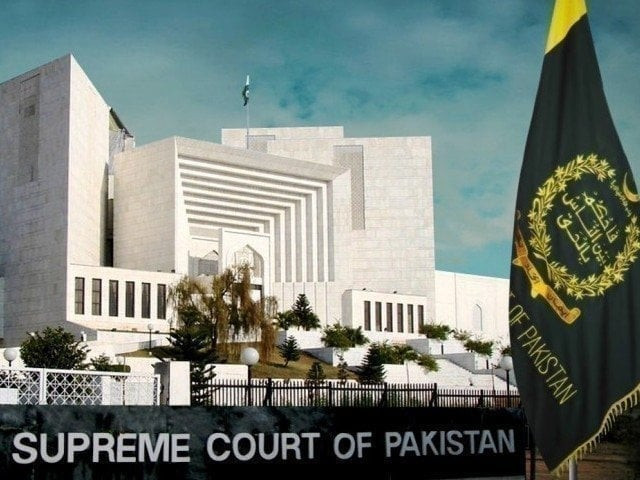ISLAMABAD:
The Supreme Court has ruled that the right to a fair trial is a fundamental right under Article 10-A of the Constitution, stressing that due process must be upheld at every level of governance and adjudication.
“Due process is a prerequisite that needs to be respected at all strata. The right to fair hearing and fair trial necessitates that no one should be penalized by the decision upsetting and afflicting his right or legitimate expectations unless he is given a fair chance to answer it and a fair opportunity to explicate/present the case,” observed an 11-page judgment authored by Justice Muhammad Ali Mazhar in a case relating to a property dispute between private individuals and the Evacuee Trust Property Board (ETPB).
The judgment underscored that every citizen enjoys the inalienable right to the protection of law and to be treated in accordance with it.
“The purposefulness of Article 4 of the Constitution is to ascribe and integrate the doctrine of equality before law or equal protection of law, and no action detrimental to the life and liberty of any person can be taken without due process of law,” it noted.
It further observed that “the principles of natural justice require that the delinquent should be afforded a fair opportunity to converge, explain and contest before he is found guilty and condemned”.
The bench stressed that the principles of natural justice and fair-mindedness are embedded in the philosophy of affording a right of audience before any detrimental action is taken.
“In our Constitution, right to fair trial has also become a fundamental right under Article 10-A. The principle of natural justice is grounded on the astuteness and clear-sightedness of affording a right of audience before any prejudicial action is taken, therefore it is an inescapable obligation of all judicial, quasi-judicial and administrative authorities to ensure justice according to the sagacity of the law,” the verdict said.
According to the case record, the petitioners have been running a business under the name and style of M/s. Yamin & Company. The disputed property — an open space measuring 16,481.35 square feet situated at Wadhomal Odharam Quarters, Karachi — was acquired by the petitioners in 1974 through auction.
Possession was handed over in two phases: 13,778 sq. ft. in 1978, and the remaining 2,706 sq. ft. in 1982. A 99-year indenture was executed on March 28, 1992.
The lease had been executed by the ETPB, Government of Pakistan, through its Deputy Administrator in Karachi, in line with an approval letter issued by the ETPB on November 20, 1991.
However, on September 17, 2020, respondent No. 6 issued a notice of cancellation, alleging that the lease in favour of the petitioners was “bogus and fake”. The petitioners responded to the cancellation and show-cause notice but claimed they were subsequently threatened with dispossession.
Lacking any expeditious or appropriate legal remedy under the Evacuee Trust Property (Management & Disposal) Act, 1975, particularly section 14, the petitioners filed a constitutional petition seeking to set aside the cancellation notice.
However, the Sindh High Court dismissed their petition.

